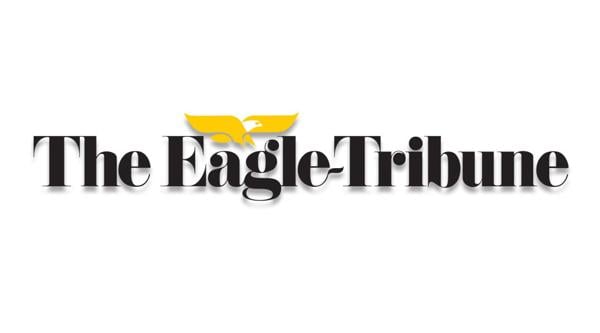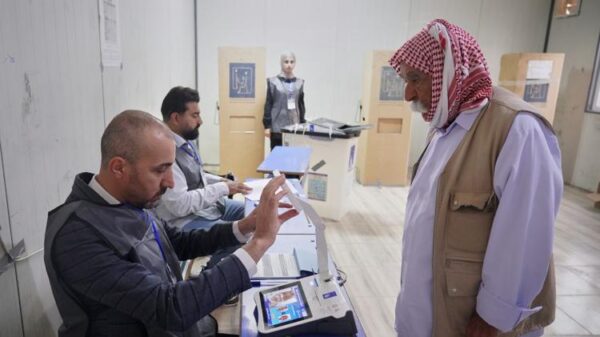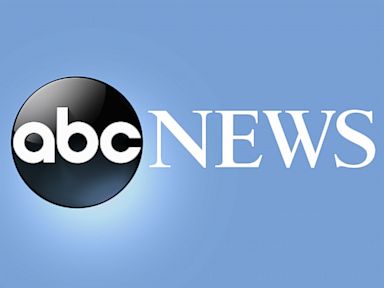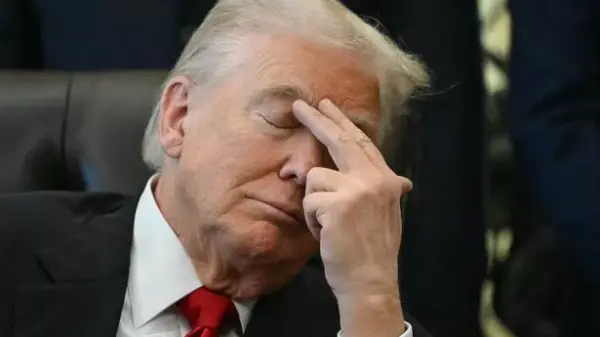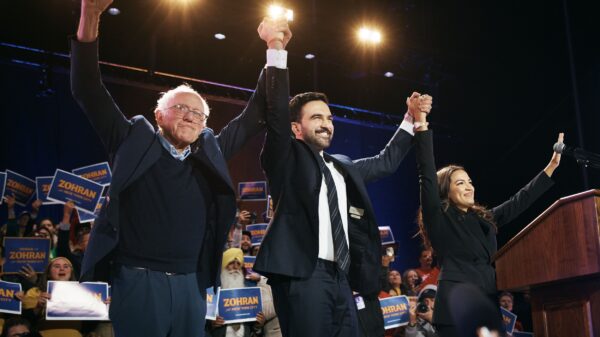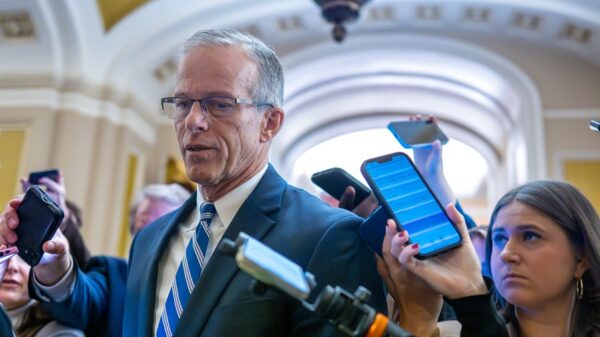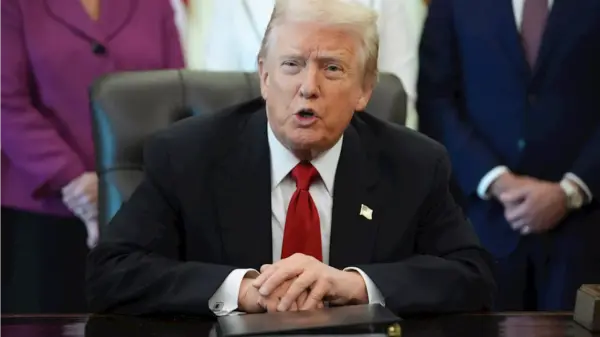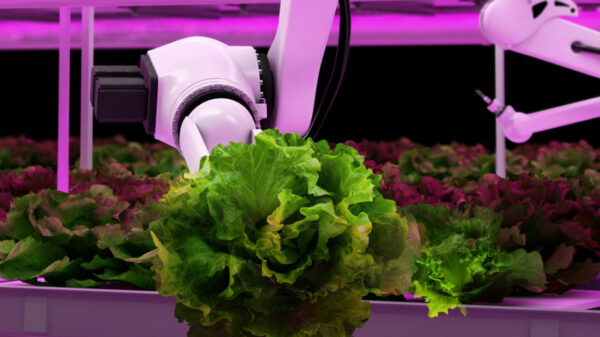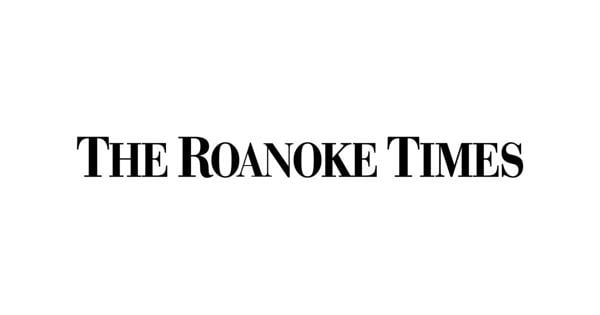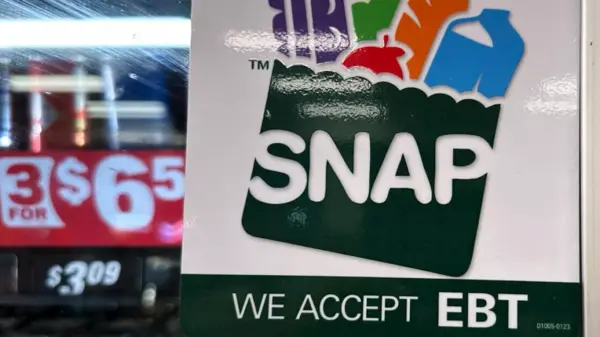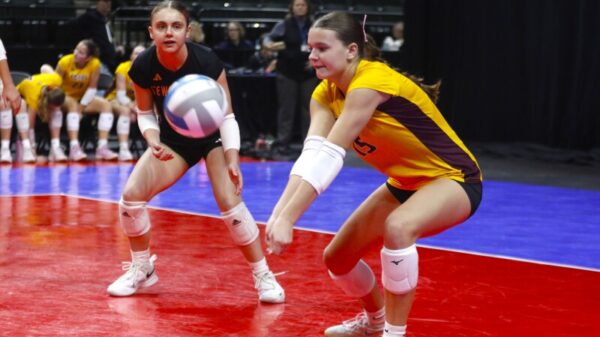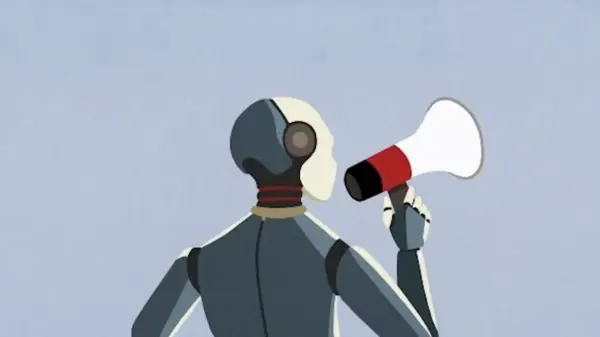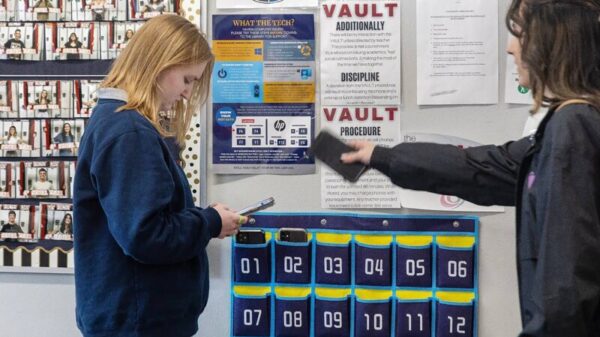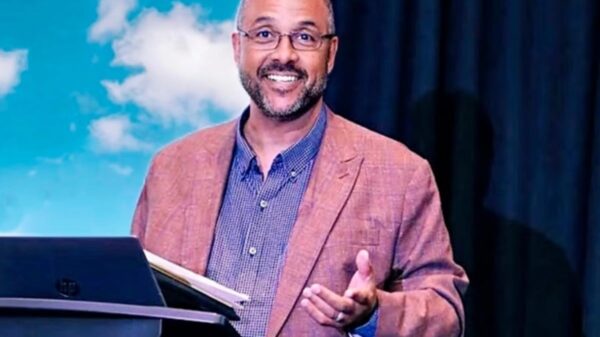Virginia’s governor-elect, Abigail Spanberger, addressed critical state issues during her interview on “Face the Nation” with Margaret Brennan on November 9, 2025. Spanberger, a Democrat from Glen Allen, emphasized the urgent need to reopen the government amid ongoing federal employee pay disputes, particularly affecting Virginia’s significant population of federal workers.
Spanberger expressed strong opposition to the notion that her recent electoral victory could justify congressional Democrats halting government funding. She stated, “Our victory was a victory that was based on a campaign that was addressing concerns related to costs and chaos.” Spanberger highlighted rising issues in health care, housing, and energy costs, attributing some of the turmoil to chaotic policies emanating from Washington, including the ongoing government shutdown.
The governor-elect pointed out that more than 300,000 Virginians, primarily federal employees and government contractors, face severe financial uncertainty due to the shutdown. The entire Virginia economy is affected, she noted, arguing that immediate action is necessary to alleviate the pain experienced by citizens. Spanberger asserted, “The government needs to open and it needs to open immediately.”
Health Care and Economic Challenges
Brennan pressed Spanberger on the impact of the government shutdown on food aid programs like SNAP, which serves approximately 825,000 enrollees in Virginia. Spanberger acknowledged the acute pain many Virginians are experiencing and reiterated the urgency of reopening the government to address these pressing needs. She highlighted the potential catastrophic effects of proposed health care funding cuts, stating that Virginia could lose $26 billion in health care funding, risking the closure of rural hospitals and clinics.
Spanberger emphasized that maintaining government closure would only exacerbate the existing challenges, stating that the impacts on health care are already “catastrophic.” She called for bipartisan cooperation to ensure a swift reopening of the government, stressing the need for all lawmakers to prioritize the well-being of Virginians.
Future Energy Policies
The conversation shifted to the burgeoning demand for energy driven by the rise of data centers in Virginia, which Spanberger described as a pressing issue. She noted that power bills in the state have risen nearly 7% over the past year and attributed some of the increases to poor energy policies in neighboring states. The governor-elect warned of an impending energy crisis and advocated for a comprehensive strategy to increase local energy production to meet both residential and industrial demands.
Spanberger’s commitment to addressing these energy challenges is part of her broader affordability plan, which aims to ease the financial burden on Virginia residents. She reiterated the importance of ensuring that large-scale energy users like data centers contribute fairly to the state’s energy costs.
Furthermore, Spanberger reflected on the challenges faced by universities, particularly the University of Virginia, which has been under pressure to comply with federal demands that risk academic freedom. She condemned the federal government’s tactics of withholding research funding as an overreach and vowed to protect the integrity of Virginia’s institutions.
As the first female governor of Virginia, Spanberger recognizes the historical significance of her role and the responsibility that comes with it. She expressed optimism about her party’s recent successes, including her own win and that of New Jersey’s new governor, Mikie Sherrill. While acknowledging the diversity of the Democratic Party, she stressed the importance of focusing on the immediate needs of constituents, particularly in light of the chaos stemming from Washington.
Spanberger concluded her interview with a call to action for her administration to deliver on its promise to address the challenges facing Virginia residents, emphasizing that the mandate for governance is clear: lower costs, strengthen educational systems, and create a stable environment for all Virginians.





